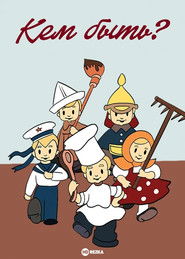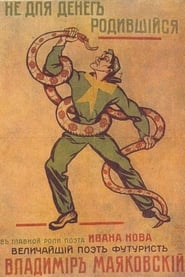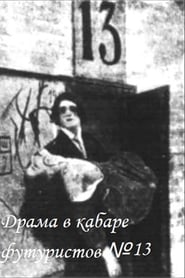detail profile vladimir mayakovsky
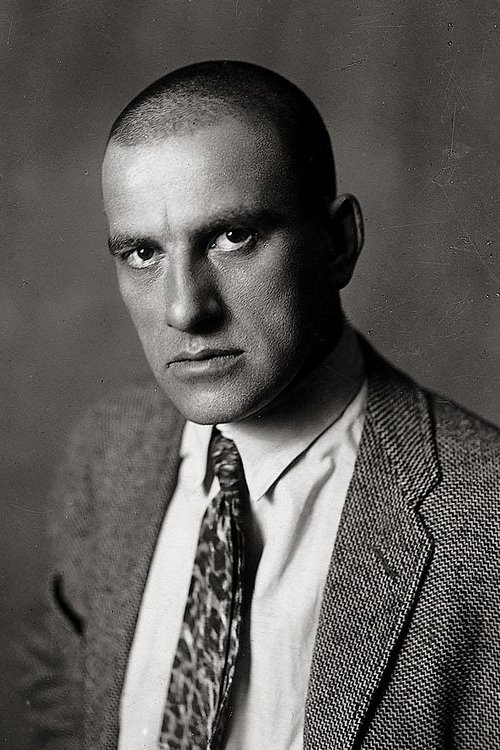
Vladimir Mayakovsky
Владимир Маяковский
atau dikenal sebagai
Riwayat Hidup
Vladimir Vladimirovich Mayakovsky (Russian: Владимир Владимирович Маяко́вский; 19 July [O.
S.
7 July] 1893 – 14 April 1930) was a Soviet poet, playwright, artist, and actor.
During his early, pre-Revolution period leading into 1917, Mayakovsky became renowned as a prominent figure of the Russian Futurist movement, being among the signers of the Futurist manifesto, A Slap in the Face of Public Taste (1913), and writing such poems as "A Cloud in Trousers" (1915) and "Backbone Flute" (1916).
Mayakovsky produced a large and diverse body of work during the course of his career: he wrote poems, wrote and directed plays, appeared in films, edited the art journal LEF, and created agitprop posters in support of the Communist Party during the Russian Civil War.
Though Mayakovsky's work regularly demonstrated ideological and patriotic support for the ideology of the Communist Party and a strong admiration of Vladimir Lenin, Mayakovsky's relationship with the Soviet state was always complex and often tumultuous.
Mayakovsky often found himself engaged in confrontation with the increasing involvement of the Soviet State in cultural censorship and the development of the State doctrine of Socialist realism.
Works that contained criticism or satire of aspects of the Soviet system, such as the poem "Talking With the Taxman About Poetry" (1926), and the plays The Bedbug (1929) and The Bathhouse (1929), were met with scorn by the Soviet state and literary establishment.
In 1930 Mayakovsky committed suicide.
Even after death his relationship with the Soviet state remained unsteady.
Though Mayakovsky had previously been harshly criticized by Soviet governmental bodies such as the Russian Association of Proletarian Writers (RAPP), Premier Joseph Stalin described Mayakovsky after his death as "the best and the most talented poet of our Soviet epoch.
"
Info Pribadi
Peran Yang Di Mainkan Vladimir Mayakovsky
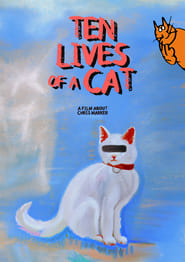 Ten years after the death of...
Ten years after the death of...Ten Lives of a Cat: A Film about Chris Marker 2023
Ten years after the death of iconic French filmmaker, Chris Marker. A filmmaker, hoping to rediscover that unique sensibility against the uncertainty of the new century, returns to the places synonymous with those incomparable and unforgettable films-- From the cat cemetery of Sans Soleil, to the mausoleum of The Last Bolshevik; The caves of Level Five to the rooftops of The Case of the Grinning Cat. A biographical portrait of one of the 20th century's greatest and most misunderstood filmmakers.
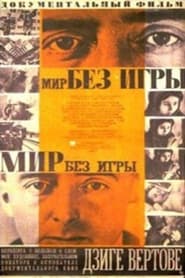 Documentary portrait of Dziga Vertov father...
Documentary portrait of Dziga Vertov father...World Without a Game 1966
Documentary portrait of Dziga Vertov, father of documentary cinema.
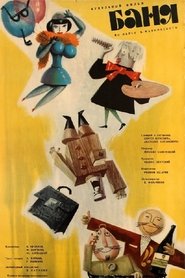 Inventor Chudakov builds a time machine...
Inventor Chudakov builds a time machine...The Bath House 1962
Inventor Chudakov builds a time machine. All that remains is to interest the technical innovation officials and receive authorization to continue the experiment. And it turns out that's the hardest part! The end point in this inventor's struggle will only be set by a "phosphoric woman" arriving from a wonderful future...
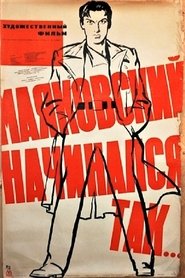 Based on the autobiographical book Ya...
Based on the autobiographical book Ya...This Is How Mayakovsky Began 1959
Based on the autobiographical book "Ya -sam" (I-myself) by Vladimir Mayakovsky the leading Russian Futurist poet of the beginning of the 20th century. He was born in 1893, into a Russian Cossack family in the Transcaucasian kingdom of Georgia, then part of Russian Empire. There he spent his childhood and boyhood attending a grammar school in Kutaisi. Mayakovsky moved to Moscow at the age of 14, after his father's death. He became a poet, an artist, an actor, a writer/director and public speaker.
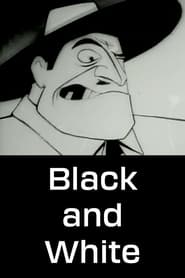 The film addresses issues of racism...
The film addresses issues of racism...Black and White 1932
The film addresses issues of racism in the Jim Crow American South. Themes of racial injustice, racial violence, working-class solidarity dominate the film. It depicts black men working in a field, walking in chains, sitting behind bars, and being executed in an electric chair. In most scenes, a white authority figure is seen whipping or guarding the men.
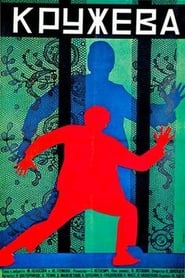 Since director Sergei Yutkevich was a...
Since director Sergei Yutkevich was a...Lace 1928
Since director Sergei Yutkevich was a longtime lover of American slapstick, his first films were imbued with a playfulness and cheeriness not typical of Russian cinema. And Kruzheva is a good example of that as he illustrates the friendly rivalries between the youths on village in both a very rough and clowning way.
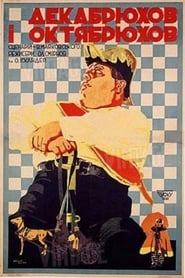 The bourgeois wedding of Dekabryukhova is...
The bourgeois wedding of Dekabryukhova is...Oktyabryuhov and Dekabryuhov 1928
The bourgeois wedding of Dekabryukhova is interrupted by the machine-gun fire of revolution. He flees abroad, leaving his wife. Oktyabryukhov stays and adapts to the new life. At the end of the picture there is an attempt at universal reconciliation and the poet's tormenting theme "three-way love". Dekabryuhov returns to his homeland. His wife is already married to Oktyabryukhov. Having learned about it, Dekabryukhov tries to leave, but the newlyweds force him to stay.
 This documentary depicts the creation of...
This documentary depicts the creation of...Jews on the Land 1927
This documentary depicts the creation of collective farms for Jews in Crimea. It shows them building their houses, digging a well, and farming the land.
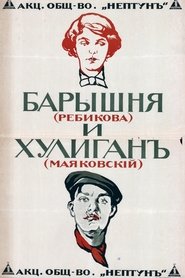 A young woman arrives in her...
A young woman arrives in her...The Young Lady and the Hooligan 1918
A young woman arrives in her school where she must teach for the first time. Her task consists in teaching a class of adults to read and write. All her students are male, ranging from boys to old men, and they are rather rowdy and difficult. All the more as a young hooligan dares write her on a test paper that he loves her. Feeling harassed by the young man, she is defended by other students. But she more or less feels the young bad boy's love is true and when this one is lying on his dying bed, after being stabbed by the other students, she solaces him by kissing him tenderly.
 Soviet animation from Vladimir Tarasov
Soviet animation from Vladimir Tarasov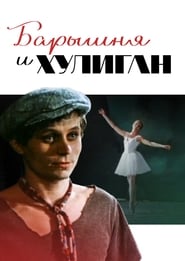 This film is part of the...
This film is part of the...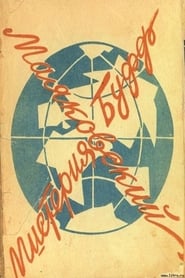 Based on Mayakovskys twentiethcentury morality play...
Based on Mayakovskys twentiethcentury morality play...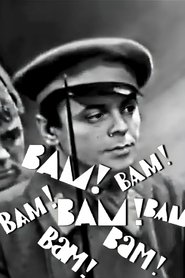 The teleplay was based on V...
The teleplay was based on V...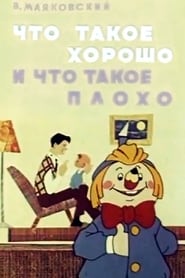
 Animated poetic ode to the bright...
Animated poetic ode to the bright...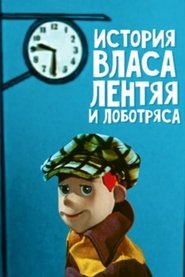 A satirical Soviet puppet animation film...
A satirical Soviet puppet animation film...